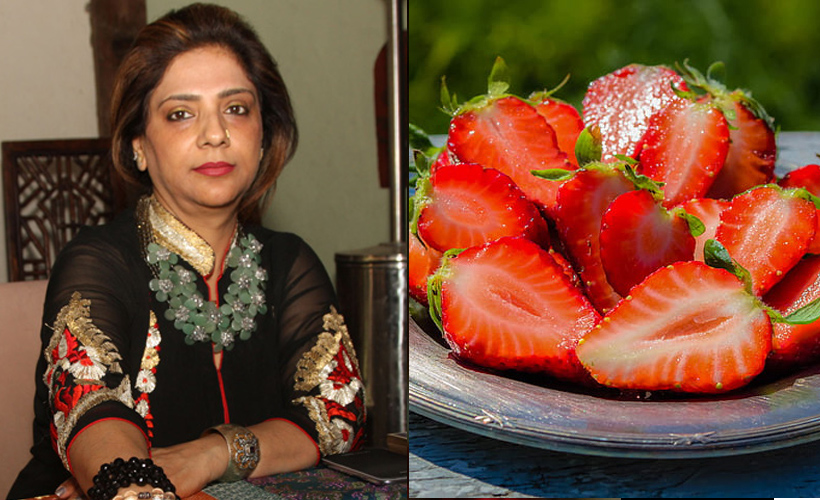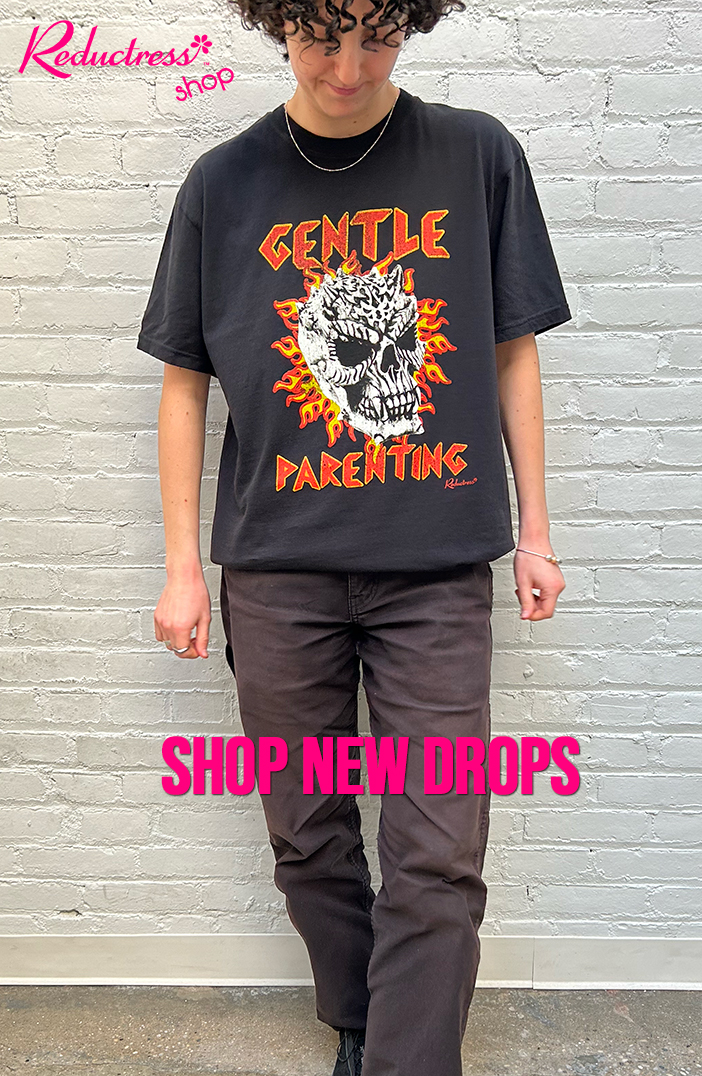There was chaos and turmoil at a household in New Jersey last weekend, as a family came to terms with a highly distressing discovery involving a platter of tropical fruit cut into easy-to-eat bites.
“It just seemed like another one of our normal fights,” says mother of three Saeeda Abubakr, who reportedly yelled at her daughter for 20 minutes before accusing her of talking back when she responded.
“I don’t know what’s wrong with her.”
But the real blow came for Mrs. Abubakr when she attempted to make amends with her daughter, Amina, an hour or so after their fight.
“I spent 15 minutes de-seeding a pomegranate and another ten or so on the mango and the pineapple,” she explains, her voice shaking slightly as she recovers from the shock of what happened next.
“When I saw her approaching my room with the fruit, I just had to take a stand,” says Amina, a 17-year-old high school student. “For the community, and for the youth.”
Describing the ensuing confrontation, Amina says she explained to her mother – in an appeasing tone and at a respectful volume, she emphasizes – that the plate of fruit was not a valid substitute for an effective and convincing verbal apology.
“I have never seen Saeeda so shaken up before,” says her husband, Mr. Abubakr, who describes having to lie his wife down on the sofa and place a warm towel on her forehead following her traumatic ordeal.
“I couldn’t believe what our daughter was telling us – could it be true?” adds Mr. Abubakr. “Could our generations-long tradition of offering a week’s worth of Vitamin C intake in place of sincere closure really be inadequate?”
Mr. and Mrs. Abubakr say they have been slowly recuperating from their initial shock, and are taking steps to trial more productive forms of conflict resolution with their children.
Amina says she will wait a few weeks before explaining to her parents that the words “Come and eat” also do not suffice as an effective apology, out of respect for their nervous systems and hereditary heart disease.




